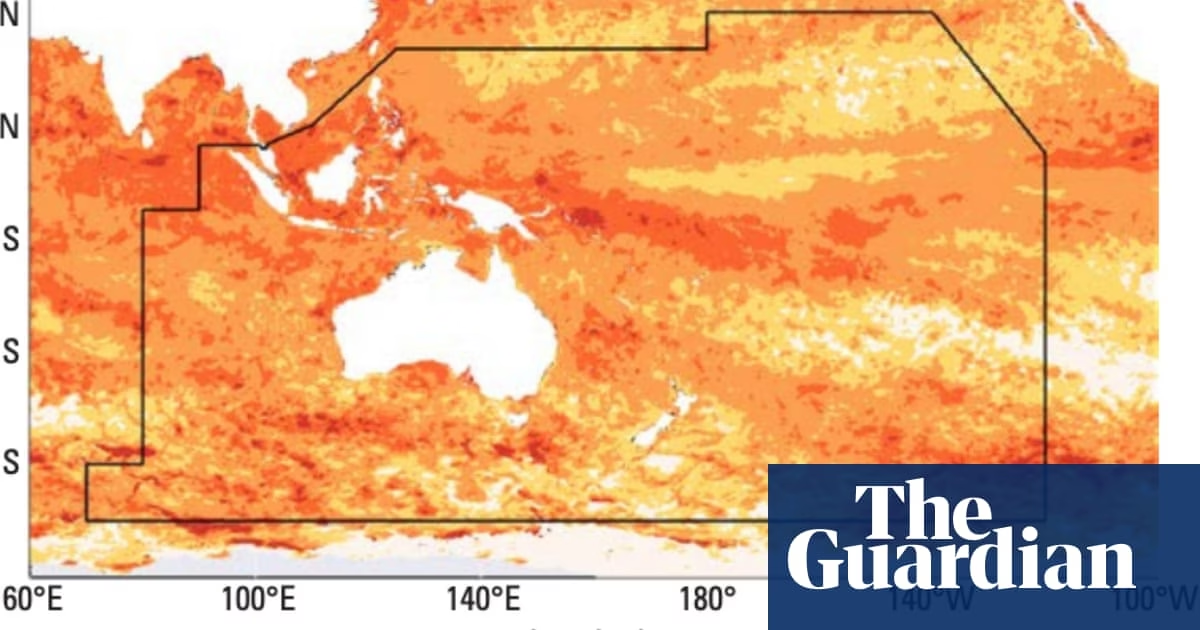Almost 40 million square kilometers of ocean surrounding south-east Asia and the Pacific, an area five times the size of Australia, experienced a marine heatwave in 2024. This record-breaking heat, both on land and in the ocean, was primarily caused by the climate crisis and was accompanied by a series of extreme weather events, including deadly landslides in the Philippines, floods in Australia, and rapid glacier loss in Indonesia.
The region had a temperature increase of 0.48°C compared to the average recorded between 1991 and 2020. Satellite measurements showed sea levels were rising at a rate of almost 4mm per year, significantly higher than the global average of 3.5mm. The World Meteorological Organization’s (WMO) secretary-general said that ocean heat and acidification have caused long-lasting damage to marine ecosystems and economies, adding that sea-level rise poses an existential threat to island nations.
Extreme events in 2024 included:
- Severe rainfall in the Philippines causing flooding and landslides, killing at least 93 people.
- An early-season heatwave in Australia resulting in record August temperatures across the country’s center.
- Major flooding in Singapore and Malaysia, displacing 137,000 people and causing 6 deaths.
- Flash flooding in Sumatra, Indonesia, and major flooding in northern Australia.
- Rapid glacier loss on the western side of New Guinea Island, Indonesia, where total ice loss could occur by 2026.
- The Philippines hit by 12 tropical cyclones, double the average, causing an estimated US$430m in damage.
- Australia’s snow season ended “abnormally early.”
The WMO’s regional director said that this report shows that the region is experiencing unprecedented events and calls for stronger climate action. In the first six months of 2023, almost 40 million square kilometers of the region’s ocean surface experienced moderate to strong heatwaves.
The heatwave also led to the fifth mass coral bleaching across Australia’s Great Barrier Reef since 2016, resulting in widespread coral death. A climate scientist reported that the increase in ocean temperatures observed in 2023 and 2024 was “pretty remarkable” and that there have been significant effects on many marine organisms.
Source: https://www.theguardian.com/environment/2025/jun/05/marine-heatwave-found-to-have-engulfed-area-of-ocean-five-times-the-size-of-australia







